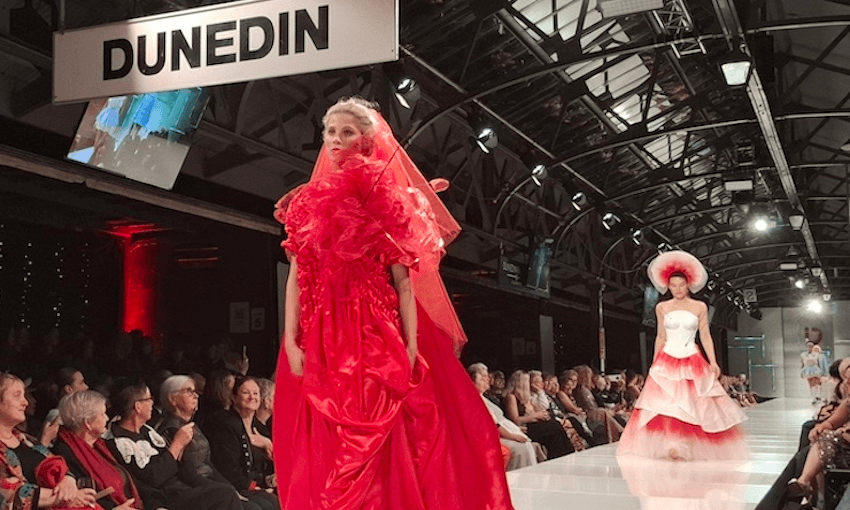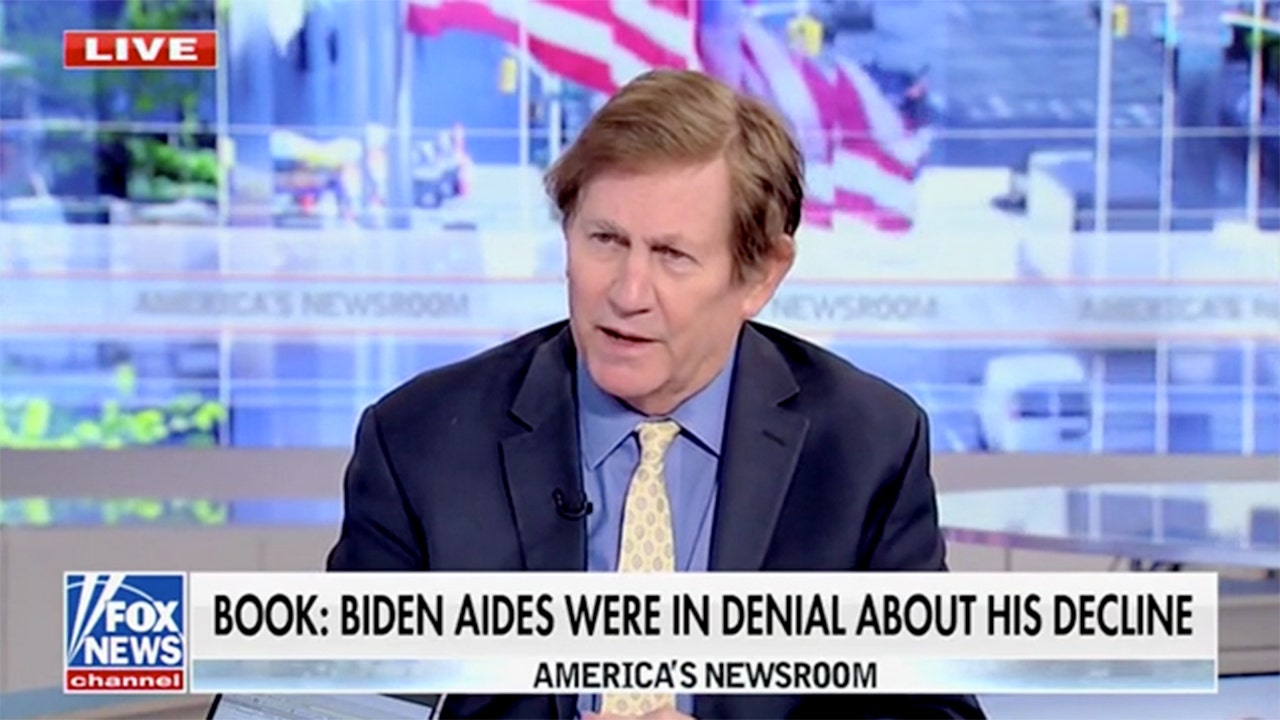Richard Gadd’s critically acclaimed Netflix series Baby Reindeer has proved wildly popular since its release two weeks ago.It’s a harrowing, semi-autobiographical tale about a young bisexual man who is stalked by an older woman. Much of the discussion around the show has focused on “Martha”, the fictional portrayal of Gadd’s real-life stalker. But Baby Reindeer is also a story of how trauma can shape the present, of sexual violence and its far-reaching impact, and sexuality.
For two years, I worked on Baby Reindeer as the show’s LGBTQ+ consultant, reviewing scripts to feed back on how LGBTQ+ people and issues are represented, providing training on creating an inclusive set for cast and crew, and ultimately, acting as a resource to answer questions or concerns from anyone working on the show.
Since it aired, I’ve been inundated with messages from gay and bi men telling me how hard they found it to watch. And I’m not surprised. Rarely has a show portrayed a male victim of sexual assault with such grit and realism. For many, they say it’s the series’ fourth episode that is most confronting (some spoilers ahead).
In a flashback, Donny (played by Gadd), a failing comedian, is taken under the wing of seasoned media veteran Darrien at the Edinburgh fringe. Seduced by the promise of mentorship and industry connections, Donny starts taking drugs with Darrien, whose predatory behaviour becomes increasingly menacing. Donny is sexually assaulted by Darrien many times, often while barely conscious, and eventually raped in a raw and brutally chilling scene. It’s stomach-turning, to say the least.
When I first read this scene in the original script, I knew it would strike a painful chord with many gay and bi men. I’ve lost count of the number of queer men in my life who have shared harrowing stories of being groomed or sexually assaulted. A 2021 report by SurvivorsUK revealed that nearly half (45%) of gay and bi men have experienced sexual assault, while more recent research from Glasgow Caledonian University found that one in four have experienced some form of violence in same-sex relationships. It was important for the scriptwriting team to get this scene right, not just for the integrity of the show, but to help break down the stigma male victims of rape endure.
Baby Reindeer’s depiction of grooming and rape is therefore as significant as it is unflinching. So few mainstream TV shows dare to explore the traumatic and destabilising impact of sexual assault on gay and bi men. There is a hidden epidemic of sexual violence within the queer community that is rarely visible in the media. It’s hard to know the scale of the problem when (understandably) very few gay and bi survivors report their experiences to the police, and we know that almost a third of those who do feel as if they were not taken seriously by officers. This leaves survivors soaked in shame and silence. For shows that want to authentically tackle knotty and taboo issues, Baby Reindeer shows how vital it is to enlist the expertise of external consultants to shape storylines and character arcs to accurately reflect real-life experiences.
The abuse Donny endures is layered by coercion, ideas of masculinity, stigma – and, importantly, drug use. GHB is the drug Darrien gives to Donny, which, taken together with another drug (GBL), becomes what’s called “G”. G is often used by gay and bi men in so-called chemsex situations where the clear, odourless liquid diluted in a soft drink is taken to enhance sex. But it is also associated with sexual violence. G is what “Grindr killer” Stephen Port used to poison and kill four young men.
And its use appears to be on the rise in the community, both anecdotally and statistically. A 2020 survey of 2,700 gay and bi men who have used G found that more than a quarter (28%) had been assaulted, and almost everyone knew someone who had either been assaulted or raped while on it.
What makes Baby Reindeer so compelling is the way it shines a light on some of society’s darkest issues without being overly moralising or polemical. I remember talking with the executive producer about my role as a consultant. That when reviewing the scripts, my job wasn’t to help them make the most “politically correct” show (nor did he want that). It was about giving space for complexity, nuance and, ultimately, reality. One uncomfortable reality the show gives us is that Donny only starts to question his sexuality and explore his queerness after Darrien’s assaults. Are we supposed to pretend that abuse doesn’t sometimes precede a person coming out and into their queerness? That the widespread misuse of G among gay and bi men isn’t happening right now up and down the country?
The reception I’ve seen to Baby Reindeer so far tells me audiences, and especially queer viewers, are crying out for TV that challenges and confronts us. But it’s also up to us to take what we learn from the small screen and start talking about the uncomfortable realities projected back at us.


















Discussion about this post